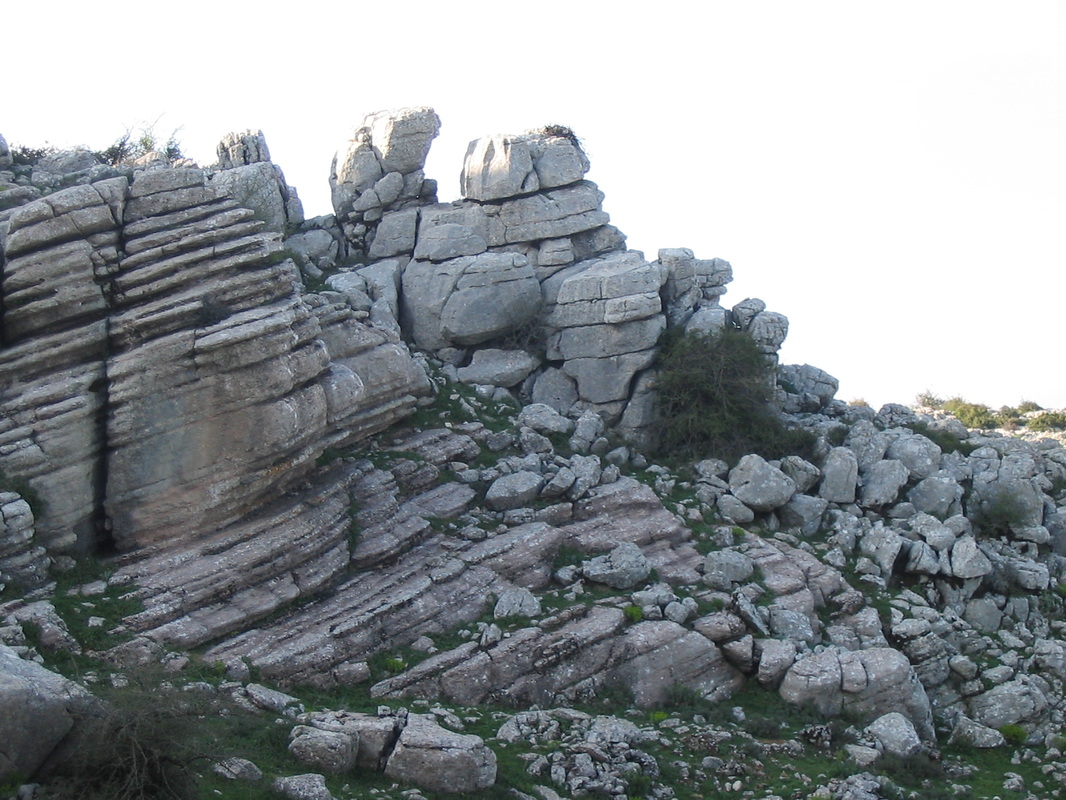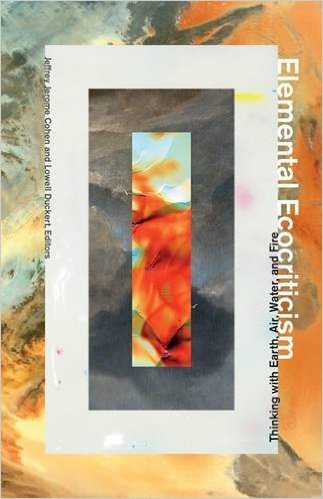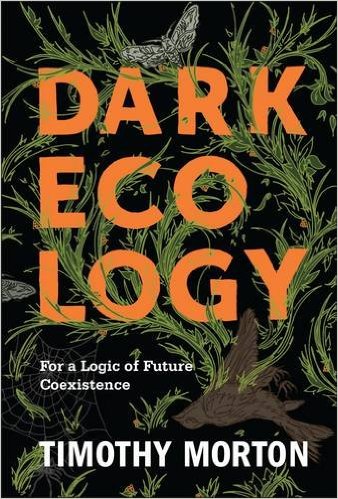|
Very happy to see this project for a new co-edited volume off the ground. Pauline Goul and myself, inspired by the fabulous work of Louisa Mackenzie, are putting this new volume together. We already have a pretty fabulous list of participants, but want to make sure that we don't miss anything. If you're up for it, please send us a proposal.
Reposting the CFP put on Fabula.org: What Can the French Renaissance Do For Ecocriticism? Editors Pauline Goul and Phillip John Usher The present volume seeks to offer a set of answers to the question raised by its title, “What Can the French Renaissance Do For Ecocriticism?” All too often, theory in general--and ecocriticism in particular--are said to serve as “lenses” through which we can understand (early modern) literature. All too often, contemporary thought models are “applied” to (early modern) literature, as if true lay only in the contemporary. This volume’s purpose is to envision a back-and-forth, to allow (early modern French) literature to interrogate, to nuance, to provoke, contemporary ecological theory. Our volume’s title owes it concise formulation to Louisa Mackenzie, who first identified that question as pertinent at the Vancouver MLA conference in January 2015. Mackenzie, a scholar at the cutting edge of French Renaissance Studies in the United States, suggested that we should not be asking what ecocriticism can “do” for our readings of the early modern period, but precisely the opposite. Indeed, turning back to 16th century France means shifting to an intellectual context in which key concepts—nature/culture, geology, Deep Time, etc.—were thought in ways uncannily similar to contemporary thought, precisely because certain disciplinary “splits” and intellectual conceptualization had not yet happened, precisely because certain disciplines (e.g. geology) were nascent, but not born. This volume seeks to take seriously Mackenzie’s question and to offer a set of responses. Each chapter of the volume will take up a specific concept or idea of contemporary ecocriticism, in order to question it and refine it. Possible concepts/ideas to address include: -Latour’s nature/culture -Chakrabarty’s idea of putting Deep Time in dialogue with the human time of history -Morton’s Dark Ecology -Queer Ecology -ecomimesis -the nonhuman and objects, Morton’s hyperobjects, Jane Bennett’s Vibrant Matter -inter-relatedness and the mesh -logocentrism / anthropocentrism -the Anthropocene in 1600 Another reason this volume is so urgent is that it will offer a much needed response to the anglocentrism of much ecocriticism, denounced by Tim Morton in his guest column in PMLA on a “Queer Ecology”, and yet made especially clear of late (in 2016) when the MLA’s new forum on "Ecocriticism and the Environmental Humanities,” whose executive committee is made up of Sharon O’Dair, Stacy Alaimo, Jeffrey Jerome Cohen, and Stephanie LeMenager, all professors of English, defined ecocriticism as "a scholarly practice within English Studies." Jeff Persel’s fabulous edited volume The Environment in French and Francophone Literature (FLS, vol 39, 2012), makes it evidently clear that ecocrticism is not, of course, limited in such a way to English departments! A related problem is that, even when considered as anglo-centric, ecocriticism as a discipline seems to be formulated mostly by voices that either look at post-1800 sources or at medieval ones. There is thus a gaping lack of any early modern point of view, which, especially with the possible starting date of the Anthropocene in 1600, leaves much to be done. This volume will thus assert and demonstrate the need for ecocriticism and ecological thought to take up and respond to non-English materials from the early modern period. In the words of Louisa Mackenzie in her article in the French Literature Series’s ‘Environment’ issue (2012), “It’s a good time to think about an early modern, a French, a queer ecology.” The book will be in English, and the submission of chapters is set for May 30, 2017. Please submit a title, 300-word abstract, and a short CV to Pauline Goul ([email protected]) and Phillip John Usher ([email protected]) by June 20, 2016.
Two important books now available for pre-order:
-Timothy Morton's Dark Ecology (coming out April 2016), which extends Morton's previous work on this concept, which posits an uncanny self-knowledge so key to getting beyond "green" approaches to ecology: the world is not "out there" as some external situation; we are it, all intertwined. -and JeffreyJerome Cohen's edited volume, with Lowell Duckert (due out December 23, 2015), Elemental Ecocriticism: Thinking with Earth, Air, Water, and Fire, which offers a new voice to elemental materiality. Another attempt to force us into and back from estrangement vis-à-vis the "world." |
Project THE HUMANIST anthropoceneis a thought archive and workspace of Phillip John Usher (NYU) at the crossroads of early modern humanism and the problems and insights of the Anthropocene. Main Research Page. Categories
All
Archives
May 2016
Related SitesASLE (Association for the Study of Literature and the Environment)
Environmental Humanities (journal) Resilience (A Journal of the Environmental Humanities) All text and images quoted from other sources used according to fair use. If I have used one of your images and you would like me to remove it, please email me.
|



 RSS Feed
RSS Feed
